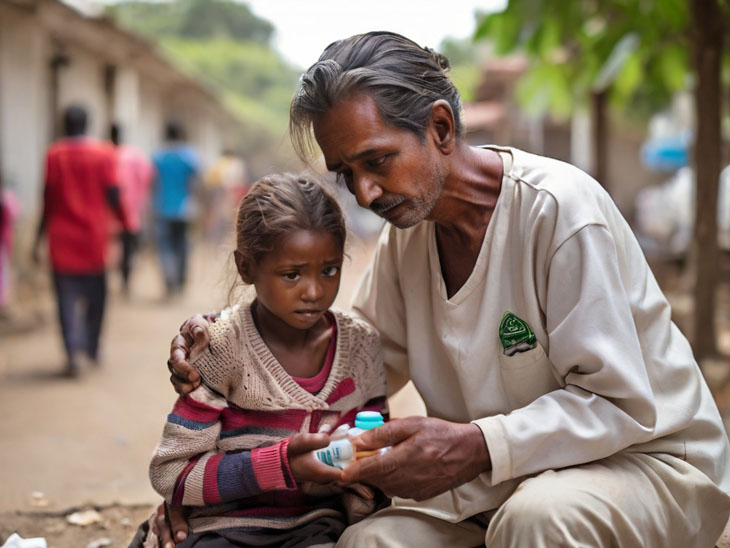Caring in Crisis: The Need of Medicine Charity
- November 11, 2023
- Beauty, Dental Health, Nutrition And Diet
- 2 mins read
In times of crisis, the fragility of healthcare systems becomes glaringly apparent, especially in regions with limited resources. One pressing issue that often goes unnoticed is the surplus of medicines – a paradoxical situation where medications are available but inaccessible to those who need them the most. This dilemma underscores the urgent need for medicine charity initiatives, aimed at bridging the gap between surplus medicines and the vulnerable populations grappling with health crises.
The Idea of Surplus Medicines
Surplus medicines are a byproduct of various factors within the healthcare ecosystem. Overproduction, expiration, and regulatory changes contribute to an excess of medications that would otherwise go to waste. In developed countries, where healthcare is more advanced, surplus medications are often discarded due to stringent regulations and expiration dates, despite their potential efficacy.
Unveiling the Global Disparities
While some nations face the predicament of discarding surplus medicines, others grapple with dire shortages. Developing countries, conflict zones, and regions struck by natural disasters often witness a stark lack of access to essential medications. This glaring disparity highlights the urgent need for a coordinated effort to redistribute surplus medicines to areas where they can make a significant impact on public health.
The Humanitarian Impact
Medicine charity serves as a beacon of hope in crisis-ridden communities. By repurposing surplus medicines and channeling them to those in need, these initiatives become lifelines for individuals who would otherwise be deprived of essential treatments. From chronic diseases to acute illnesses, the availability of surplus medications can significantly alleviate the suffering of vulnerable populations.
Ethical and Sustainable Solutions
Implementing effective medicine charity programs requires a careful consideration of ethical and sustainable practices. Collaborations between pharmaceutical companies, regulatory bodies, and non-profit organizations can create streamlined processes for identifying, collecting, and redistributing surplus medicines. Moreover, educating the public on the importance of donating unexpired, unused medications can contribute to building a sustainable pipeline for medicine charity initiatives.
Overcoming Regulatory Hurdles
One of the primary challenges in establishing successful medicine charity programs lies in navigating complex regulatory landscapes. Crafting legislation that allows for the responsible redistribution of surplus medicines without compromising safety standards is paramount. Advocacy efforts focused on policy changes can pave the way for a more flexible and efficient approach to managing surplus medications.

A Call to Action
Caring in crisis extends beyond the immediate response to emergencies; it involves fostering a global sense of responsibility for the well-being of all individuals. Medicine charity is not just a concept; it is a call to action. As we confront the paradox of surplus medicines in some parts of the world and scarcity in others, it becomes our collective duty to bridge the gap and ensure that healthcare reaches every corner of the globe.
In conclusion, the need for medicine charity is an urgent and compelling aspect of humanitarian efforts. By addressing the surplus medicines paradox, we can create a more equitable healthcare landscape, where no one is left without access to the medications they require. It is a testament to the power of collective compassion, demonstrating that in times of crisis, caring for one another knows no boundaries.

